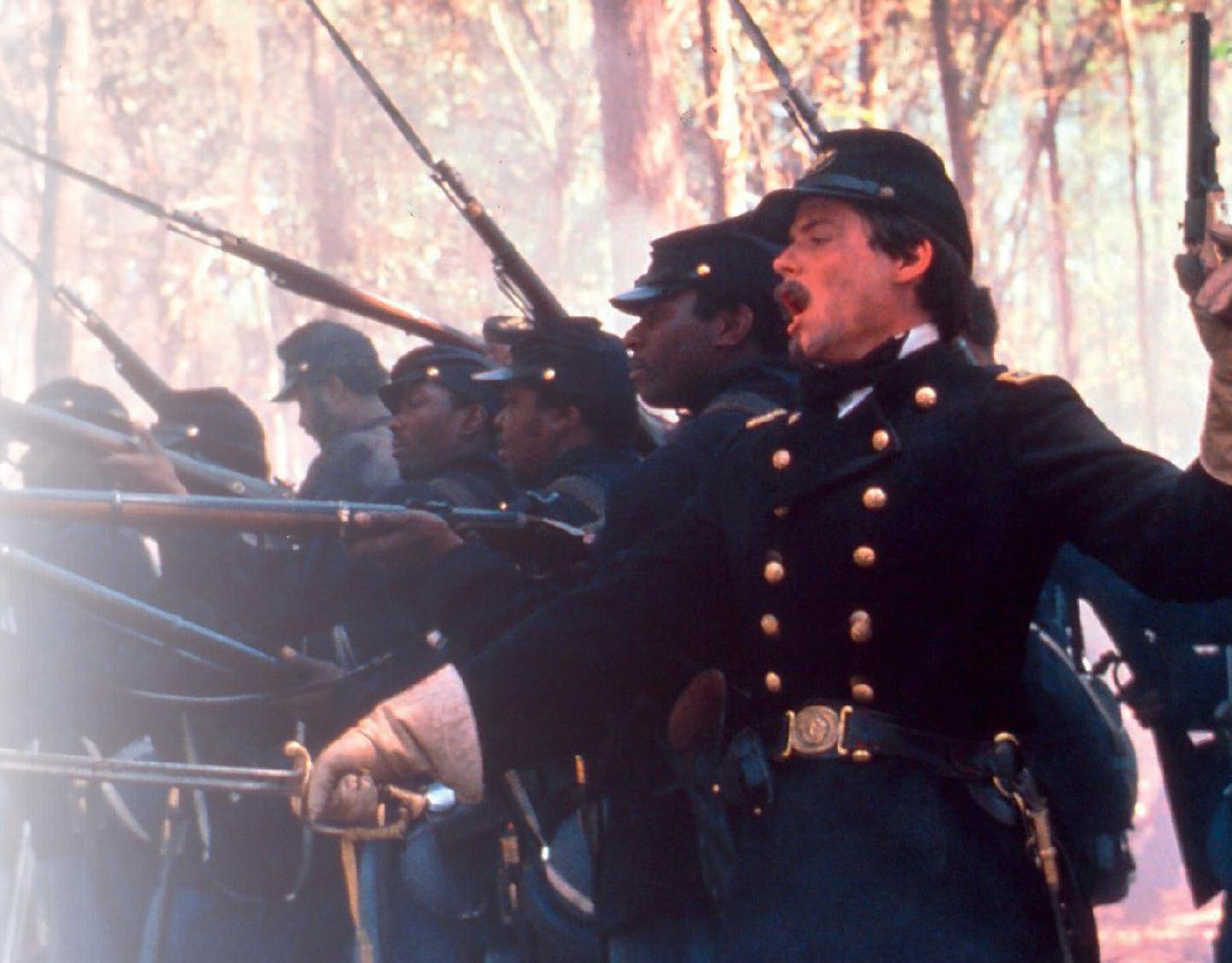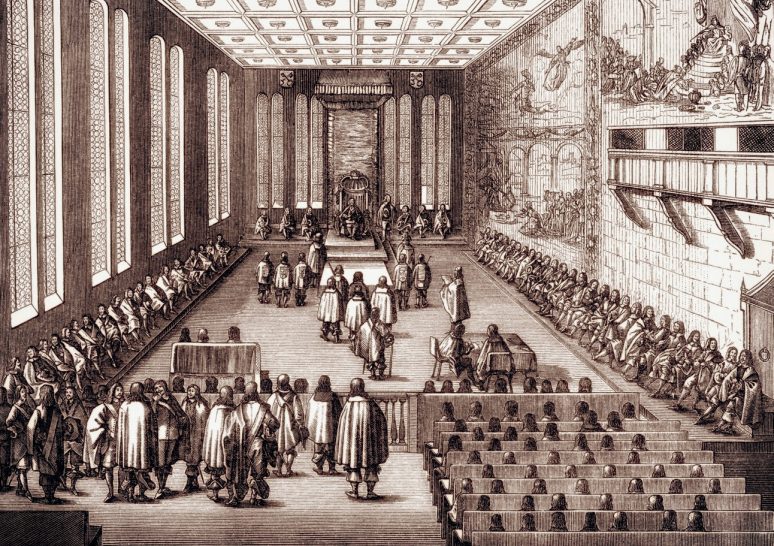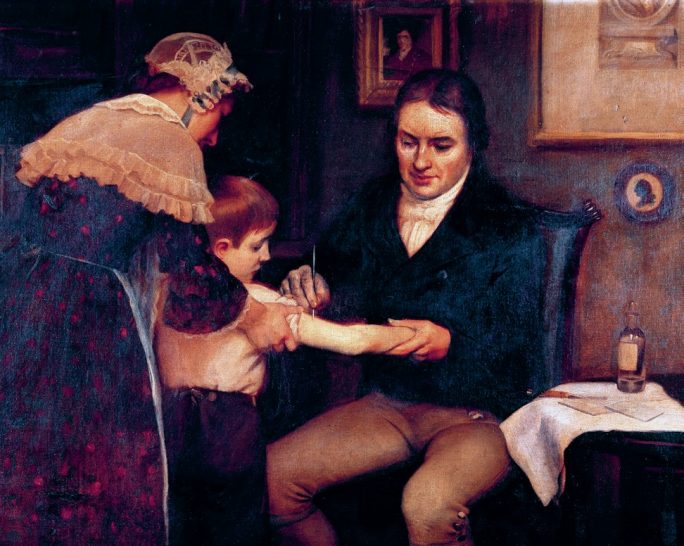
In an article bemoaning the ‘ruination’ of history teaching in British schools, the historian Niall Ferguson cited the example of Year 11 students watching a Hollywood film as part of their study of the American West. He described it as a damning indictment of ‘new history’. Not all historians share this view. Historian Simon Schama has argued that it is a ‘mistake’ to believe that printed text alone is capable of conveying ‘serious argument’, and that moving images are ‘expendably frivolous’.
Historians have long allowed films to be invoked as sources that reflect the character of the society in which they were produced and consumed. A good example of an early US film that has been treated as a primary source for this purpose is The Birth of a Nation (1915), one of the most viewed films of the silent era. The Birth of a Nation’s racist representation of the post-Civil War reconstruction and its glorification of the Ku Klux Klan provides compelling evidence that racism was an organising principle of US society in the early twentieth century.
Your organisation does not have access to this article.
Sign up today to give your students the edge they need to achieve their best grades with subject expertise
Subscribe




